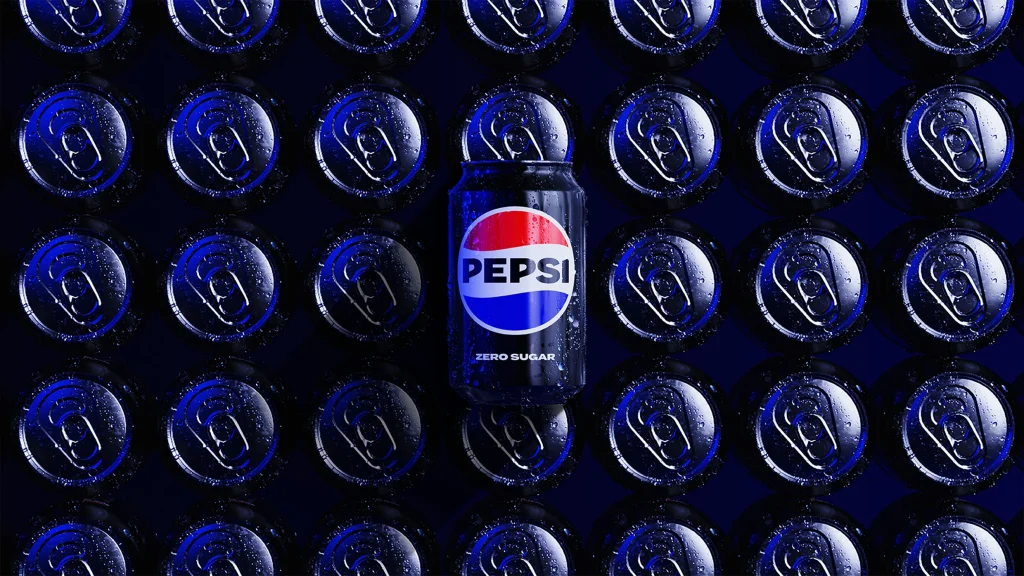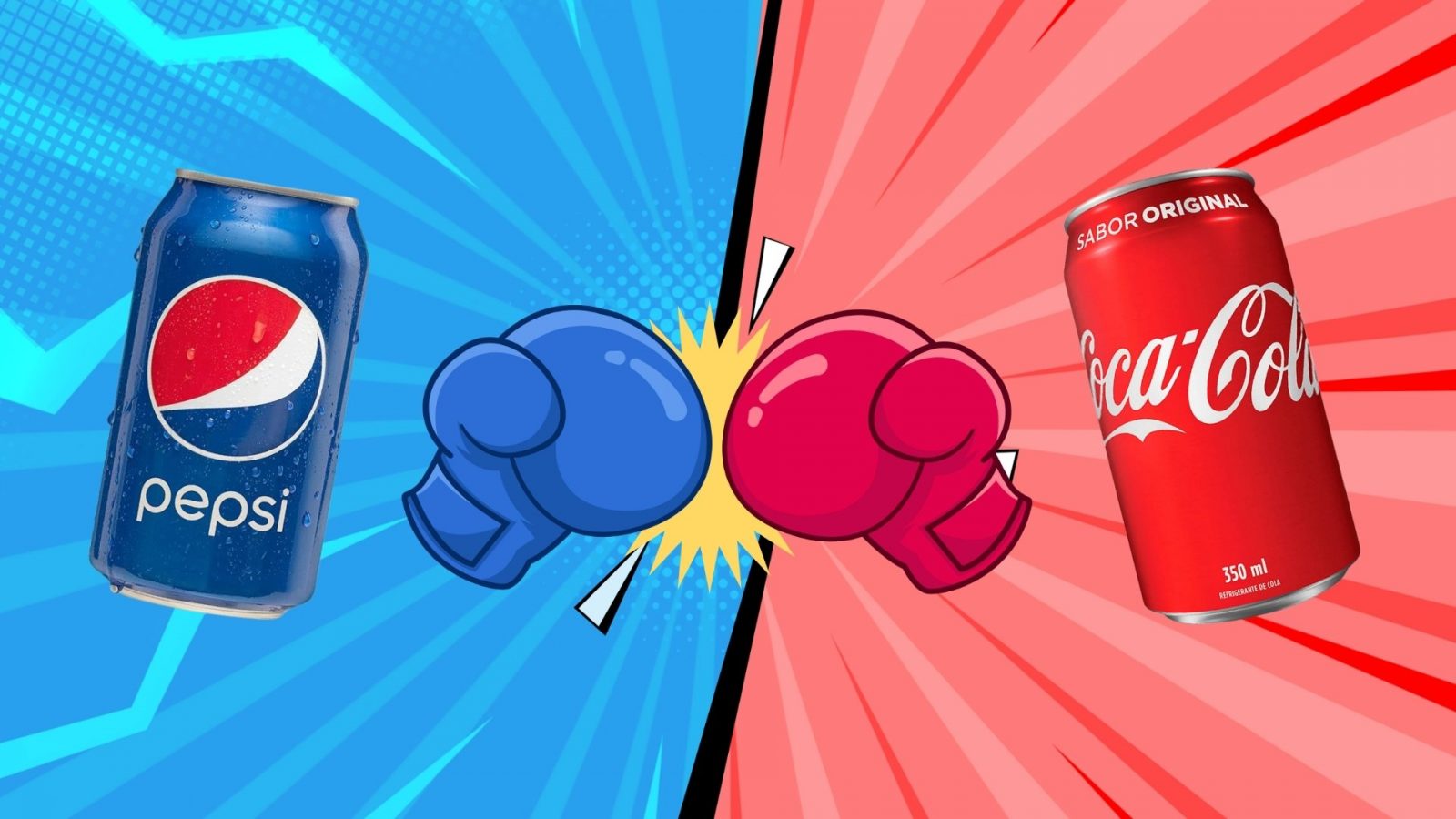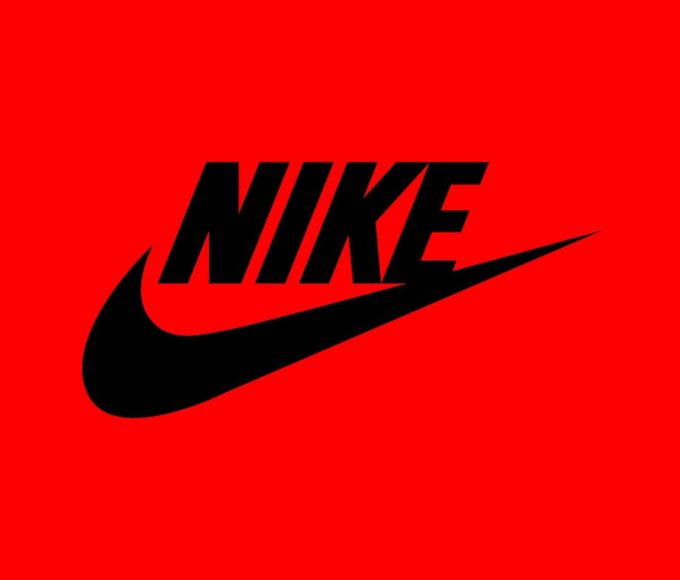The classic cola battles once revolved around catchy slogans, celebrity endorsements, and high-profile ads. Today, the competition is being reshaped by something far less glamorous: tariffs.
As import levies rise on key ingredients and packaging materials, success in the soft drink industry is increasingly determined by supply chain resilience rather than advertising muscle. PepsiCo is currently feeling the impact, discovering that even decades-old production strategies can become costly overnight.
Most of the concentrate used for Pepsi and Mountain Dew in the US comes from Ireland, which now subjects it to a 10% import tariff. What was once a savvy corporate tax strategy has turned into an added expense. By contrast, Coca-Cola produces the bulk of its US-market concentrate domestically or in nearby territories, largely insulating it from these new tariffs. Combined with a 25% tariff on imported aluminum, profit margins across the sector are under pressure.

Dr Pepper’s Rise Amid the Shake-Up
Meanwhile, Dr Pepper has quietly overtaken Pepsi in the US soft drink rankings, achieving second place in 2023. Its rise is credited to consistent branding, distinctive flavor, and a devoted following that keeps the product culturally relevant. The success stems from a focused strategy rather than chasing competitors—carving out its own identity and sticking to it.
From a trade perspective, Dr Pepper appears moderately well-positioned. Its major concentrate facility in St. Louis provides domestic stability, though a newer facility abroad could expose it to future tariffs if trade conditions change.
Trade Tensions Ripple Across Industries
Soft drinks aren’t the only category affected. Apparel brands face similar challenges: some producers are paying steep tariffs on imports, while others with favorable production locations benefit from cost advantages. Even high-profile endorsements can’t always offset supply chain constraints. Personal care products are also impacted, with manufacturers depending on cross-border production facing new vulnerabilities.
Supply Chain as the New Battleground
The modern cola war is no longer fought only on billboards or social media feeds. Strategic logistics, sourcing, and import strategies now play a critical role in competitiveness. In today’s market, efficient supply chains can be as important as marketing campaigns in determining who thrives.







